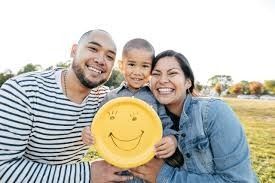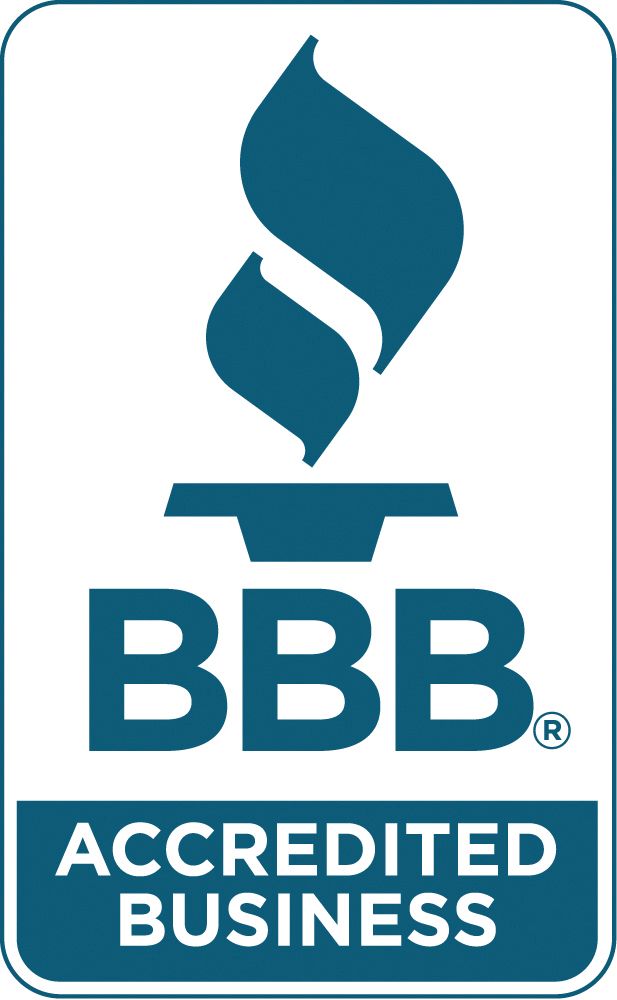Oppositional Behavior: Generating Interventions from the CANS
Although the Child and Adolescent Needs and Strengths (CANS) provides resources for child welfare agencies, opportunities exist to be generating interventions in treatment for conditions such as oppositional behavior as well. The CANS is a measurement tool that is becoming more widely used in the United States and worldwide. Because it offers a communication-based approach, the practitioner together with a team of professionals provides the scores on the youth. The CANS’ ability to identify the specific areas of need offers a glimpse into the youth’s treatment goals and placement plans to ensure their stability and safety.
However, what the CANS does not do is provide treatment options or suggested approaches. The CANS is meant to be an evaluative tool and therefore leaves the approach to improve the youth’s functioning to the provider. Yet one challenge with the CANS is that so many items can arise it becomes difficult to decide which one to choose or what to do with the choices. It is not uncommon for youths in residential facilities, for instance, to have between 10 to 20 items that score a 2 (requires action or intervention) or 3 (requires immediate action or intervention), including oppositional behavior. As a result, the treatment staff must take these severe behaviors and create a treatment plan that improves the youth’s functioning.
Oppositional behavior is a set of behaviors that is difficult to treat. But generating interventions for treatment is possible. The practitioner can unpack the behaviors associated with being oppositional and work with the youth to assist them in meeting their needs. Youths who engage in anti-authority or anti-rules behaviors gave up on the traditional ways to get their message across and therefore use other methods to work. Three areas that a practitioner can work with them on are:
1. Their social ability to get across how upset they are with their state of life.
2. Their skills to be independent and self-reliant.
3. Developing a knack to reduce physically or verbally aggressive acts to others.
With these goals, if they are acceptable, the youth and practitioner can then start generating interventions work on role-playing different exercises. These events allow the youth to express themselves in a safe place without harming anyone, and then to shape through practice different approaches. Many youths with oppositional behavior learn what they’ve seen such as violence and conflict; through new methods, they reduce their behaviors to meet their goals of freedom and individuality.
CANS offers the “what” for the practitioner; it is up to them to develop the “how.”
For more information on Praxes’ software, please contact us.




